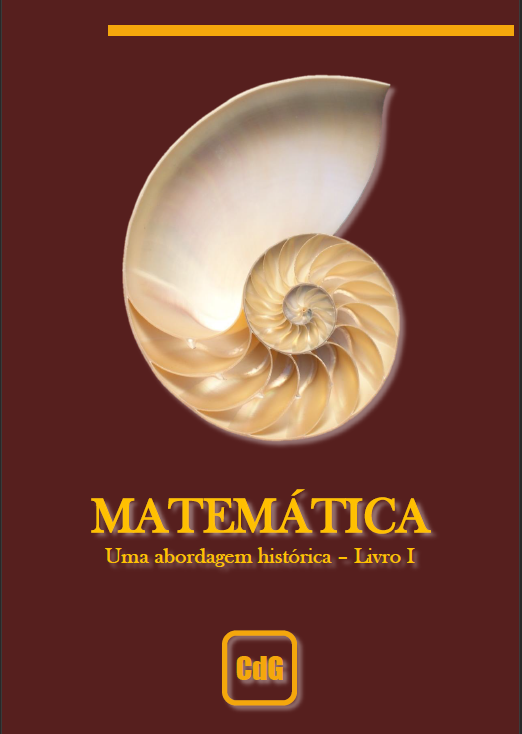Página do Codex Vigilanus
A seguir temos uma relação de livros renascentistas em formato PDF (com alguns títulos ainda mais antigos) relacionados a matemática, muitos dos quais comentados e apresentados na série que se inicia: Matemática - Uma abordagem histórica. São obras de inestimável valor histórico e documental para quem deseja pesquisar a matemática mais a fundo e ainda ter em mãos um material de consulta medieval. Para baixar uma cópia, basta clicar no número de referência da obra desejada.
Almagestum
|
Claudius Ptolemaeus – tradução para o latim por Petrus Liechtenstein
|
1515
| |
Almanach perpetuu
|
Abraão Zacuto
|
1525
| |
Arithmetica integra
|
Michael Stifel
|
1544
| |
Clavis mathematicae
|
William Oughtred
|
1667
| |
De divina proportione
|
Luca Pacioli
|
1509
| |
De thiende
|
Simon Stevin
|
1585
| |
Deutsche Arithmetica Inhaltend
|
Michael Stifel
|
1545
| |
Die coss
|
Christoff Rudolff
|
1553
| |
Discours de la mèthode
|
Rene Descartes
|
1637
| |
Harmonices mundi libri V
|
Johannes Kepler
|
1619
| |
L’Algebra opera
|
Rafael Bombelli
|
1579
| |
L'Arithmetica di Treviso (Larte de labbacho)
|
Anônimo
|
1478
| |
L’Arithmetique
|
Simon Stevin de Bruges
|
1625
| |
Liber embadorum
|
Palto de Tivoli
|
1145
| |
Libro de álgebra en arithmetica y geometria
|
Pedro Nunes
|
1567
| |
Libro intitulado arithmetica practica
|
Juan de Yciar Vizcayno
|
1549
| |
Logistica
|
Joannes Buteo
|
1559
| |
Margarita philosophica
|
Gregório Reis
|
1525
| |
Opera mathematica
|
Francisco Vieta
|
1646
| |
Rechnung nach der lenge auff der Linien und Feder
|
Adam Riesen
|
1550
| |
Summa de arithmetica geometria
|
Luca Pacioli
|
1523
| |
The Whetstone of Witte
|
Robert Recorde
|
1557
| |
[23]
|
Tractado subtilissimo d'arismetica y geometria
|
Juan de Hortega
|
1563
|








